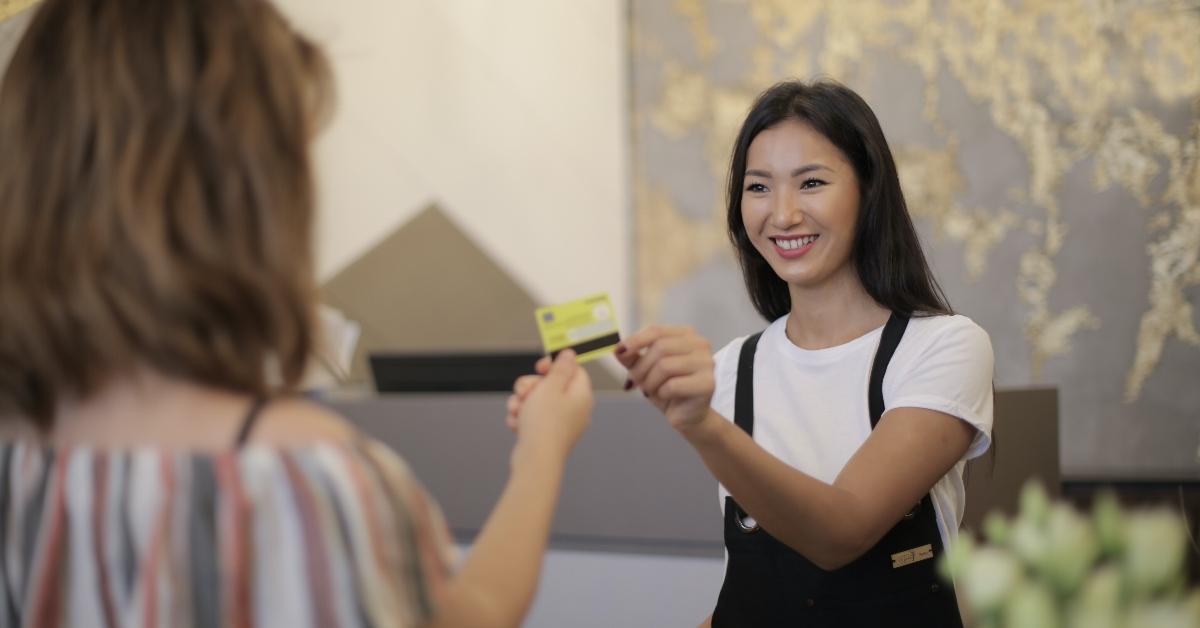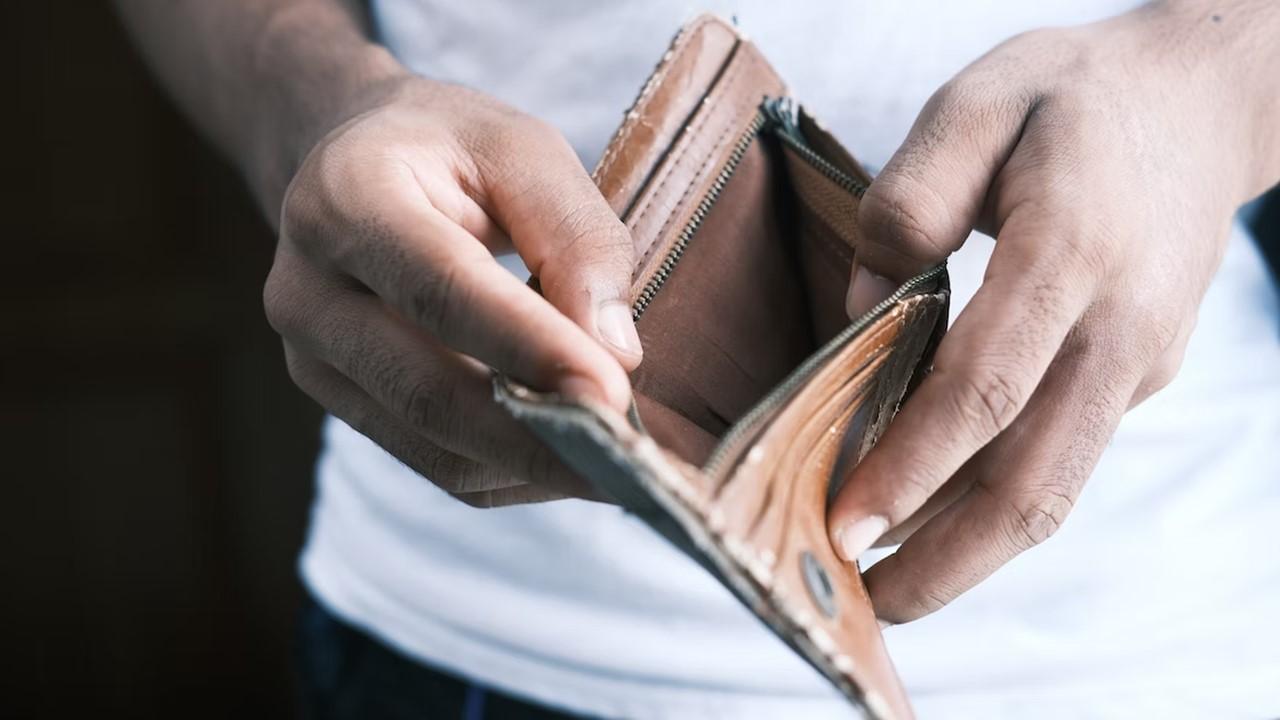Are You an Impulse Buyer? Here's How to Stop
Impulse buying gets the best of us (and our bank accounts). If you struggle with impulse buying, let's understand why and how you can stop.
March 9 2023, Published 9:52 a.m. ET

Impulse buying gets the best of us (and our bank accounts). We're all victims of making a purchase that we didn't need, or perhaps find ourselves reaching for our wallets with a little less restraint than before. It happens. While it's incredibly tempting to make free-flowing purchases, impulse buying can turn into a problem.
If you or someone you know is an impulse buyer looking for a solution, breaking the unbreakable habit starts with a few easy solutions. Here's how to stop impulse buying.
What is impulse buying?

Impulse buying is defined as "the buying of goods without planning to do so in advance, as a result of a sudden whim or impulse," primarily noted for its indicator of irrational thinking. It's the sudden need to buy something that was originally on a budget, or the purchase is made without little thought attached to it. Little planning around the transaction is prepared ahead of time. Often impulse buying is confused with compulsive buying.
Compulsive buying is a neurological disorder is "otherwise known as shopping addiction, pathological buying or compulsive buying disorder is a mental health condition characterized by the persistent, excessive, impulsive, and uncontrollable purchase of products," per the National Library of Medicine. Impulse buying can be differentiated from compulsive buying due to the urgent and unpredictable buying pattern of purchasing items on a whim, compared to the symptoms of compulsive buying.
What causes impulse buying and why do I impulsively spend money?

Examining how to stop impulse buying is an introspective process that someone must be willing to commit to. We impulse spend because we've allowed ourselves to cash out at any inconvenience to our emotional health and have excused this as a therapeutic act. "Retail therapy" is a simple blanket statement for impulse buying. As a society, we have excused the impulse to spend money at the drop of a hat — and for some, this habit has gone greatly unnoticed.
You may spend money impulsively for a number of reasons, and while it has been made clear that impulsive spending is one way to make ourselves feel better, more intense spending habits may be signs of mania or hypomania. Overspending can result in a non-substance type of "high." The endorphins released as a result of impulsively spending money cast a temporary feel-good effect that distracts us from how much we may be cashing out all at once. It's easy to lose track of impulse spending.
Impulse buys often make us feel good and result in a neurological reward. We impulse buy due to the state of our emotions, and outside of stress, sadness and periods of celebration play a large role in how carelessly our cash is thrown around. Psychologically speaking, impulse buyers demonstrate low self-control as a whole, and are drawn to a sense of gratification. Impulse buys are spurred on by decision fatigue, which lessens our ability to make carefully weighted judgment calls.
Here's how to stop impulse buying.

- Set a budget: Setting a budget and sticking to it is a surefire way to keep your spending habits in check when evaluating successful ways how to stop impulse spending. Knowing the limit of what you're able to spend within a set period of time doesn't stop you from buying little treats for yourself here and there, but slows down purchase decisions and gives the spender more time to think about what's truly important to buy. Budgets break down needs and wants from a financial point of view.
- Identify your triggers: Understanding what may cause impulse buying as a reaction and how to stop impulse spending go hand-in-hand. Identifying what may trigger you to spend more from physical, emotional, mental, and environmental standpoints can curve the chunk of change spent unplanned. In addition, preparing alternative coping mechanisms that take the place of impulse spending may help cut back on how frequently impulse spending is used in response to being triggered to do so.
- Unsubscribe from marketing emails: Another great way to cut your impulse buying habit is to unsubscribe from marketing emails. With an inbox full of email headlines that scream "great deal for a limited time, act now!" it could be incredibly tempting to fall into the trap of impulse spending online. When you unsubscribe from marketing emails, you're taking a step in eliminating a possible trigger for your impulse buying habit. Removing yourself from these digital mailing lists is fast and easy.
- Use cash payments: When going to pay for anything, making cash payments can help when breaking the impulse buying habit. Because cash is physically handled and there's a visual loss of money in real-time, it contradicts the feeling of not actually spending that comes along with making payments on a card. Cash payments also put a limit on what can be spent at one period of time when considering how much cash a person may carry. This slows down the impulse buying practice.
